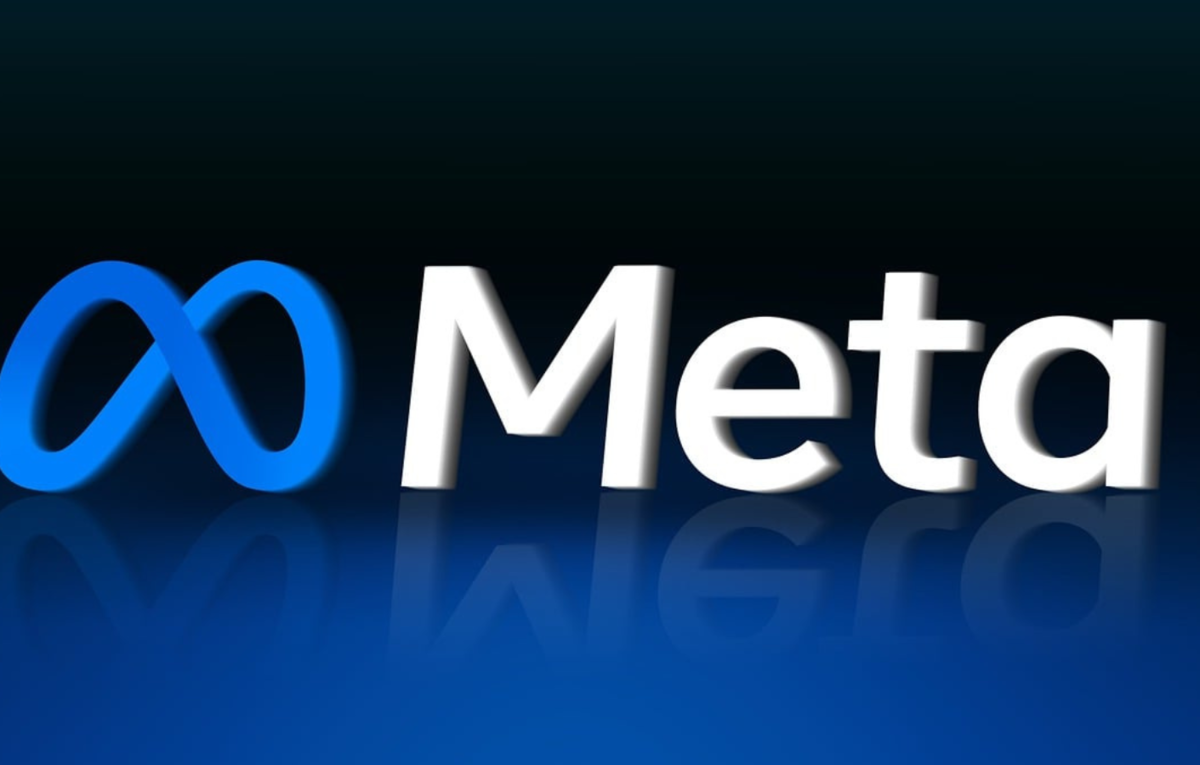Meta to invest over $10B in Scale AI
Assuming this prospective deal closes, it would also be Meta’s largest AI acquisition to date — and one of the largest funding rounds in recent history for a private company. The report said the deal terms were not yet finalized and could still change.
Just three months after DeepSeek sent waves through the global tech community with an AI model on par with America’s best, 28-year-old AI entrepreneur Alexandr Wang came before Congress with a sobering message: the US needs to move quickly to protect its edge.
According to Wang, America needs to establish a “national AI data reserve,” supply enough power for data centers, and avoid an onerous patchwork of state-level rules.
He said this at the April hearing, and lawmakers welcomed his feedback. “It’s good to see you again here in Washington,” Republican Representative Neal Dunn of Florida said. “You’re becoming a regular up here.”
Wang is the CEO of Scale AI, a company quietly but powerfully shaping the future of artificial intelligence. While not as widely known as OpenAI’s Sam Altman, Wang has become a key figure in tech and policy circles. Scale AI provides foundational data-labeling services for companies like Meta and OpenAI, powering the training of AI models and helping businesses build custom AI applications.
Initially known for labeling images for self-driving car models, Scale has since shifted toward curating the massive volumes of text data needed for large language models like ChatGPT. Today, Scale recruits highly educated professionals—PhDs, nurses, and legal experts—to develop sophisticated AI systems. “The three pillars of AI are chips, talent, and data,” said one person familiar with the company’s operations. “Scale dominates the data pillar.”
Now, Scale’s influence is poised to grow dramatically with Meta’s multibillion-dollar investment in the company. Scale was last valued at $14 billion in 2024, with Meta already on its cap table.
Scale’s rise mirrors that of OpenAI in many ways. Both companies were founded roughly a decade ago, betting that the world was on the verge of an AI revolution. Wang and Altman, friends who once shared a home, have become influential figures in the AI conversation on Capitol Hill. Like OpenAI, Scale has drawn interest from major tech firms eager to invest in its future.
However, the company’s journey hasn’t been without controversy. Scale has faced criticism for its reliance on low-paid contractors in countries like Kenya and the Philippines, who comb through massive amounts of online content—sometimes disturbing—to help train AI systems. Some workers have reported psychological distress from the nature of the material.
In a 2019 interview with Bloomberg, Wang said the company’s contract workers earn “good” pay — “in the 60th to 70th percentile of wages in their geography.”
According to company spokesperson Joe Osborne, a recent US Department of Labor investigation into Scale’s labor practices was dropped.
As the industry shifts toward synthetic data for training AI, Scale is adapting. While synthetic data may reduce the need for some traditional labeling work, leading AI labs are still struggling to find enough high-quality data for training models capable of solving complex, human-level problems. In response, Scale is increasingly turning to well-compensated experts with advanced degrees to guide its models through a process called reinforcement learning—rewarding correct answers and penalizing incorrect ones.
These experts craft challenging, domain-specific problems for AI models to solve, helping refine their capabilities in sensitive fields such as law and medicine. As of early 2025, 12% of these contributors had PhDs—many in fields like molecular biology—while more than 40% held master’s degrees, JDs, or MBAs.
Much of Scale’s recent focus has been on helping companies develop AI tools for high-stakes applications like tax law, which varies across jurisdictions and requires nuanced understanding.
This pivot is already paying off. Bloomberg reported that scale generated approximately $870 million in revenue in 2024 and is on track to more than double that to $2 billion in 2025. Interest in its expert workforce has surged since DeepSeek’s emergence as companies race to build models capable of human-like reasoning.
Scale AI has also cemented its relationship with the US government, securing defense contracts and finding allies among policymakers wary of China’s AI ambitions.
Wang, who is hawkish on China, has made deep connections on Capitol Hill. Meanwhile, former Scale executive Michael Kratsios advises President Donald Trump on AI policy.
A closer match with Scale could help Meta fend off rivals like Google and OpenAI and deepen its connections to US defense and regulatory circles. For Scale, the transaction would draw a deep-pocketed ally — and a potential full-circle moment for Wang.
In the early days of Scale, a venture capitalist once asked Wang when he knew he wanted to start a company. His answer? “I rattled off some silly answer about being inspired by The Social Network,” he said, referencing the movie about Facebook’s founding.
With Meta knocking on his door, that inspiration may finally come full circle.
Cryptopolitan Academy: Coming Soon - A New Way to Earn Passive Income with DeFi in 2025. Learn More
Disclaimer: For information purposes only. Past performance is not indicative of future results.












